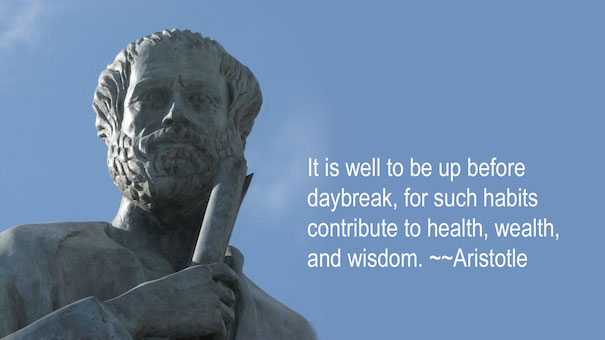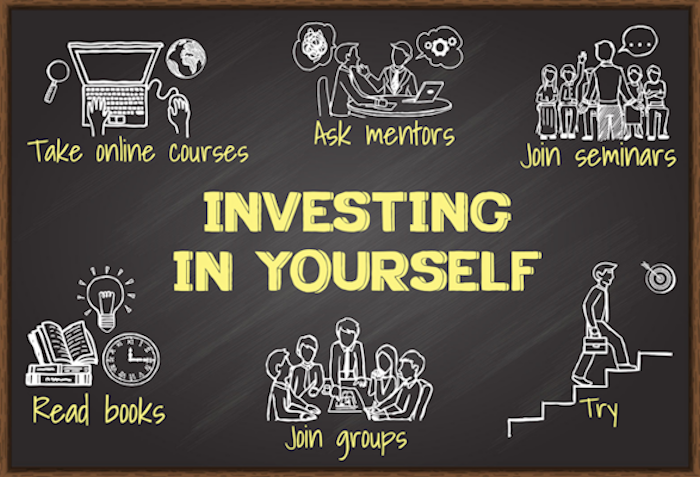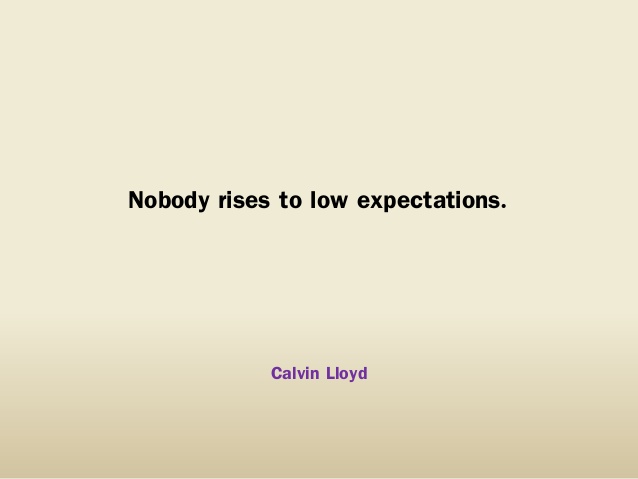
What’s the last thing (or person) that caused you to complain? You felt totally justified, right? When we think of the negative aspects of complaining, others come to mind as being “those people”. The complainers, the contrarians, the grumpy people, or the ones you just can never please.
For much of my early life, people who knew me well would describe me as a Pollyanna, someone who looks for the silver lining, the good in people, “the cup half full [or fuller], the possibilities. “If you can’t say something nice, don’t say nothing at all.” The Pollyanna turns into an accidental contrarian.
Maybe life itself changes us – dealing with hard situations, losses, failures, etc. We harden a little. We analyze, scrutinize, and make ourselves the tweakers of people and things (always looking for those little improvements that, we think, need to be made).
Once we begin to complain, we find others willing to join in. Commiserating is born. It’s not a happy community. Complaining becomes a habit and even a lifestyle, if we’re not careful.
On Sunday, we listened to Cliff Jordan‘s sermon entitled “Complaining in the Wilderness”, pondering the strangeness of a delivered and protected people’s complaints against God.
Cliff talked about how complaining actually rewires the brain – how we see others, ourselves, our circumstances, and even God. I’m not going to address the science of this, but do an online search and you’ll see how this happens and the negative outcomes of chronic complaining.
The source of complaining, Cliff noted, relates to our memory. Do we focus on the irritants to the detriment of remembering the good in our jobs, the people we work with, the many graces of life, and the kindness of God? Complaining has a stubbornness to it. It wants satisfaction and has very little patience for others. As we practice more positive thinking, we are poised, not to minimize the situation but to maximize the potential outcome…including safeguarding our relationships.
The Destructive Power of Grumbling and Complaining – Michael Brown
Andrew Kirby, a successful Youtuber and entrepreneur, actually posted a super helpful video on how complaining rewires the brain.
Kirby also acknowledged that not all complaining IS negative. When we complain about something, it’s an indicator of a change that might need to be made.

The key is to not stay in the complaining mode but to act in a way that brings positive change. Too much complaining can drive a person to make unwise changes, based on advice given to them by sympathetic hearers of their complaints. Better to be judicious in what change needs to be made and take wise steps toward that change.
The prescription for rewiring our brain away from complaining is straightforward and easy, with practice. In fact, these four reminders could easily sit on a card at our work station to help us stay on the road and out of the ditch:
- Be grateful. – Keep a journal and write down things/persons for which you’re grateful – morning and evening. Turn your thoughts toward gratitude when you’re tempted to go negative/complaining.
- Catch yourself. – Shake off the temptation to complain before your friends/coworkers intervene…or pull away. Learn to catch yourself and change course.
- Change your mood. – If your emotions start to spiral downward, shift your environment. Take a walk. Listen to music. Step away from your work station. Grab a few minutes with a friend.
- Practice wise effort. – “Wise effort is the practice of letting go of anything that doesn’t serve you. If your worry [complaint] won’t improve your situation or teach you a lesson, simply let it go and move on.This is much easier said then done, of course, but if you write it out, ask friends for advice, and take some time to think it through constructively, it really can be done.” – Daily Health Post
All this is common sense. Still, in an age of outrage, we must practice thinking positively (refraining from chronic complaining) until it becomes a discipline…a healthy habit.
“What you practice, you get very good at.”
As that relates to complaining, do we really want to get good at that? No. In fact, practice doesn’t always make us good at something. We can practice unhelpful, unhealthy habits and they can become ingrained….even permanent…unless we intentionally do the work to reverse them.

When we know something needs to change, make the complaint count by refusing to think ill of others involved and taking your concern to the right people. Make yourself part of the solution. Whenever possible, remember all the good you can. It will keep you humble and grateful.

How and Why You Should Stop Complaining – Elizabeth Scott Ph.D.
The Three Types of Complaining – Robert Biswas-Diener
How Complaining Rewires Your Brain for Negativity – Travis Bradberry
How Complaining Rewires Your Brain for Negativity and Literally Kills You – Janey Davies
Monday Morning Moment – Rewiring Your Brain Toward Thinking in the Positive – Deb Mills
Monday Morning Moment – Negativism – Its Cost and Cure – Deb Mills
How to Stop Complaining: 7 Ways to Change Your Attitude – Amber Murphy
















































